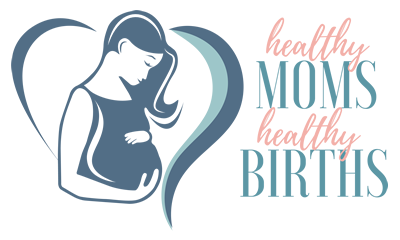At this time, there is no solid research stating that exposure to pesticides will increase the risk of birth defects or preterm labor. However, it is known that pesticides can be dangerous to our health. Until more is known, pregnant women are advised to be around pesticides as little as possible so you can limit possible risks for you and your baby. Right from the start.
What are pesticides?
-
Chemicals to kill things like bugs, rodents, mold, or weeds
-
Used in your home, your yard, or on crops
-
Risks of pesticides depend on how much and for how long you are exposed
Research Review
In this thorough review of current research, the Organization of Teratology Information Specialists (OTIS) explains what we know currently, including
-
Most animal studies. have not shown an
increased chance for birth defects.
-
Low birth weight and higher rates of fetal loss were only seen at doses that were
poisonous to the mother animal.
-
Two human studies reviewed did not find a consistent increase in birth defects, and there was no effect on gestational diabetes, birth weight, or miscarriage rates.
Avoiding risk
Although we don’t have enough research to prove pesticides are harmful to your unborn baby, the CDC cautions to try to reduce or eliminate your exposure to pesticides during pregnancy.
Also, during pregnancy, your baby’s brain, nervous system, and organs are developing rapidly and can be more sensitive to the toxic effects of pesticides. The National Pesticide Information Center offers these guidelines for minimizing exposure:
-
Always be sure to read the product label first. The product must be approved for the intended use and applied according to label directions.
-
Seek the least-toxic pesticide option available for controlling your pest.
-
If possible, have someone else perform the pesticide application and leave the area.
-
Allow plenty of time for the home to air out, and the pesticide to dry before returning.
-
Avoid contact with the treated areas as much as possible.
-
If you must garden in areas that have been treated with pesticides, consider wearing gloves and clothing that covers your skin.
-
If someone in your family works with pesticides, learn more about minimizing exposure and washing work clothes.
-
Call NPIC to learn about the reproductive toxicity of the pesticide. Often, laboratory tests have been done to investigate those risks.
National Pesticide Information Center at 800-858-7378


